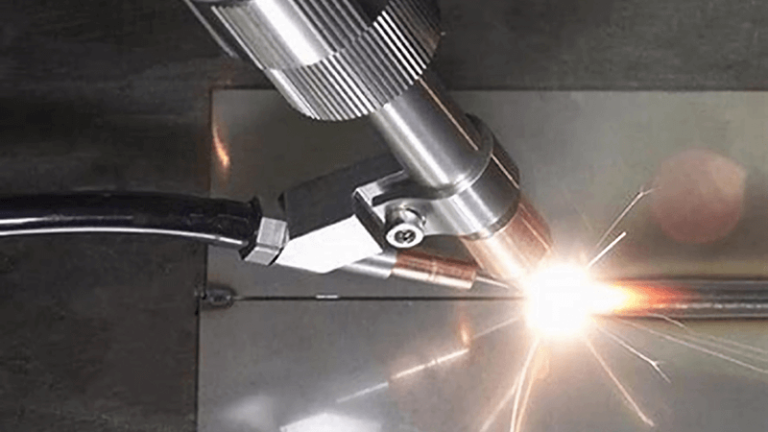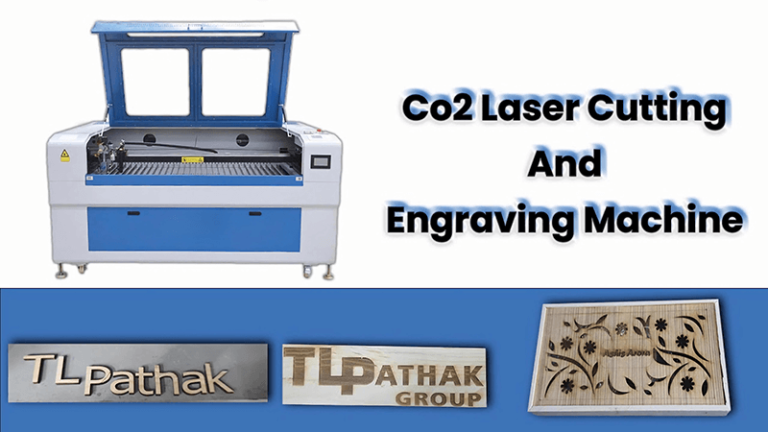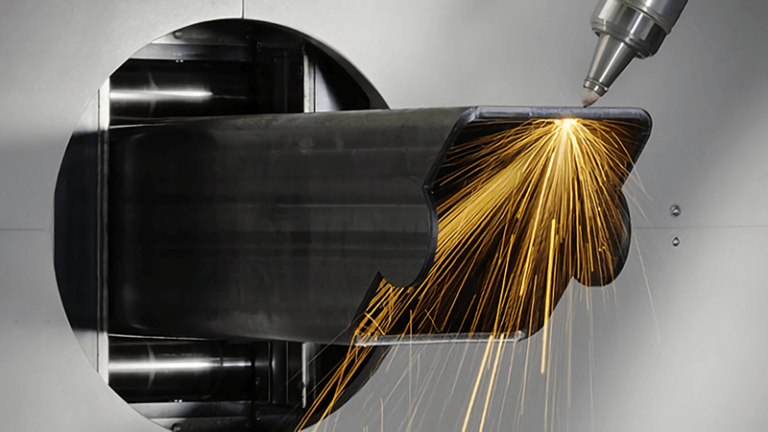Looking for a reliable supplier of fiber laser welding machines? Whether you're upgrading your equipment or expanding your operations, finding the right supplier can make all the difference. Let’s explore your options and what to consider when buying.
Fiber laser welding machines are essential for precision welding tasks in various industries. To ensure you get the best value, it’s crucial to choose a supplier that offers not only high-quality machines but also comprehensive support, including technical guidance and after-sales service.
But before you make a purchase, it’s important to understand the pricing, capabilities, and key considerations for fiber laser welding machines. Let’s take a deeper look at what factors influence the cost and why it's essential to work with a supplier who offers full support.

How much does a laser welder cost?
The cost of a laser welding machine can vary greatly depending on the machine’s power, brand, and included features. But how much should you expect to pay for a reliable machine?
A laser welder typically costs between $2,000 to $5,000, depending on the power and capabilities. For instance, a 1.5 kW laser welding machine ranges from $2,285 to $2,800, while more powerful models can go up to $5,200.
The price of a fiber laser welding machine is influenced by various factors. The most significant of these factors are the machine's power, the brand, and its features. Here’s a breakdown of how these factors impact the cost:
| Power | Price Range | Applications | Key Features |
|---|---|---|---|
| 1.5 kW | $2,285 - $2,800 | Light to medium metal welding | Good for precision welding on thin to medium-thick materials |
| 2 kW | $3,145 - $3,500 | Medium to heavy metal welding | Ideal for thicker materials and faster processing |
| 3 kW | $4,880 - $5,200 | High-end industrial welding | Suitable for heavy-duty applications with high production volumes |
Breakdown of Pricing Factors
-
Machine Power1: More powerful machines tend to cost more. As seen in the table, a 1.5 kW machine is the most affordable option, ideal for businesses with lighter welding needs. On the other hand, a 3 kW machine is better for high-volume, heavy-duty operations and will come with a higher price tag.
-
Brand and Build Quality2: A trusted brand like Kirin Laser may come at a higher initial cost, but offers long-term reliability and excellent after-sales support. Investing in a reputable brand ensures that you’ll have access to better service, warranty, and spare parts availability, which saves you from unexpected expenses.
-
Features and Add-Ons3: Some laser welding machines come with additional features like automatic focusing, real-time monitoring, and advanced cooling systems. These extras can increase the cost but may provide improved functionality and better results, making them ideal for businesses seeking higher levels of performance.
-
Technical Support and Warranty: Beyond the initial price, consider the value of technical support and warranty services. High-quality suppliers, like Kirin Laser, offer extended warranties and robust technical support to ensure smooth operation and maintenance of the machine.
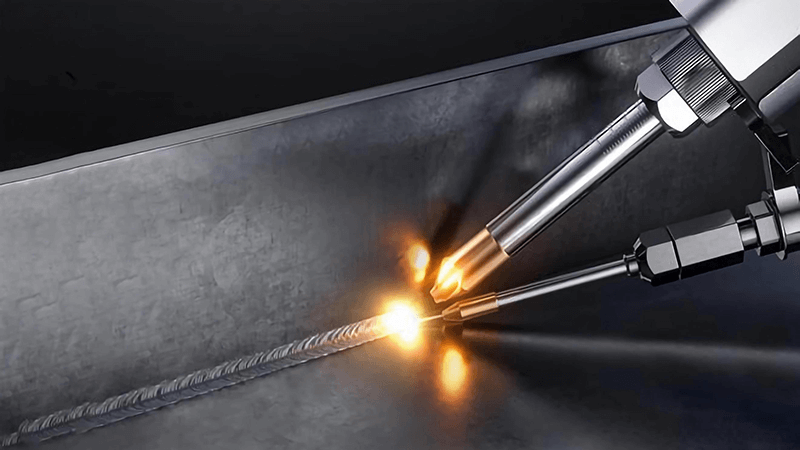
What is the cost of a 1.5 kW laser welding machine?
If you’re looking at purchasing a 1.5 kW fiber laser welding machine, it’s important to know what factors contribute to the cost and what you can expect in terms of performance and reliability.
A 1.5 kW laser welding machine typically costs between $2,285 and $2,800. This range offers a competitive price for businesses seeking an entry-level to mid-range machine with great value for money.
The 1.5 kW fiber laser welding machine strikes a balance between affordability and performance. While not as powerful as its higher-end counterparts, it’s perfect for businesses that need precision welding4 on materials like stainless steel, aluminum, and mild steel. Let’s explore its pricing, applications, and why it could be a great option for your business.
Key Applications of 1.5 kW Laser Welding Machines
-
Precision Welding on Thin to Medium-Thick Materials: A 1.5 kW machine is best suited for tasks like sheet metal welding, automotive parts welding, and general manufacturing. It’s also highly effective for fine, detailed work like jewelry and electronics welding.
-
Faster Processing with Good Quality: While it may not handle the heaviest metals, the 1.5 kW machine can still weld through materials up to 5 mm thick, providing a good balance of speed and precision without compromising the quality of the weld.
-
Cost Efficiency: At this price point, you get an efficient, high-performance machine capable of handling moderate workloads. The 1.5 kW machine is also more energy-efficient compared to higher power models, which makes it an ideal option for small businesses that need to keep operating costs low.
Performance Highlights
| Feature | Description |
|---|---|
| Power | 1.5 kW |
| Materials | Stainless steel, aluminum, mild steel |
| Max Weld Thickness | Up to 5 mm |
| Speed | Fast processing speeds for medium-volume jobs |
| Maintenance | Low, with easy access to replacement parts |
In conclusion, the 1.5 kW machine offers excellent value for money, making it a strong contender for businesses that require precision welding without the need for excessive power.
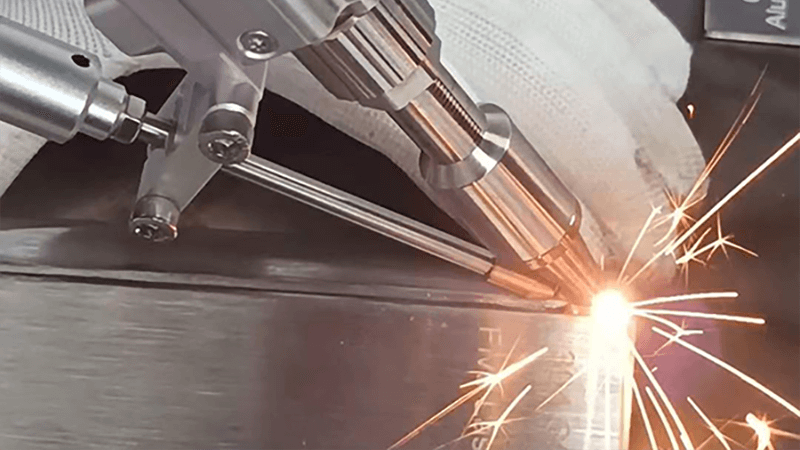
Can you weld with a fiber laser?
Fiber lasers are not just for cutting; they’re also highly effective for welding. But how does fiber laser welding compare to traditional methods, and is it a good option for your business?
Yes, fiber lasers are ideal for welding. They offer clean, high-quality welds, faster speeds, and reduced heat-affected zones, making them an excellent choice for precision applications across various industries.
Fiber laser welding is a revolutionary technique that’s changing the way industries approach welding. The technology is highly effective for a variety of materials, including metals and plastics, and offers several key advantages over traditional welding methods. Let’s dive deeper into why fiber lasers are superior for welding tasks.
Advantages of Fiber Laser Welding
-
Precision and Clean Welds: Unlike traditional welding methods, which often involve significant heat input, fiber lasers use concentrated beams to precisely melt and fuse the materials. This results in cleaner, more precise welds with minimal spatter or distortion, especially useful in industries like electronics and aerospace.
-
Reduced Heat-Affected Zones5: One of the main benefits of fiber laser welding is the reduced heat-affected zone (HAZ). This means that there is less risk of warping or damage to the surrounding material, which is particularly important when working with thin or delicate materials.
-
Faster Welding Speeds6: Fiber lasers offer high-speed welding, reducing the time it takes to complete each weld. This makes them ideal for high-volume production environments where efficiency is key.
-
Versatility: Fiber lasers are capable of welding a wide range of materials, including metals like steel, aluminum, and brass, as well as some plastics. This versatility makes them an essential tool in many industries.
| Feature | Traditional Welding | Fiber Laser Welding7 |
|---|---|---|
| Speed | Slower | Faster |
| Precision | Moderate | High |
| Heat-Affected Zone | Large | Small |
| Material Compatibility | Limited | Wide range |
With these benefits, fiber laser welding machines are ideal for industries that require high-quality, precise, and fast welds. They are used in applications like automotive manufacturing, electronics, medical device production, and more.
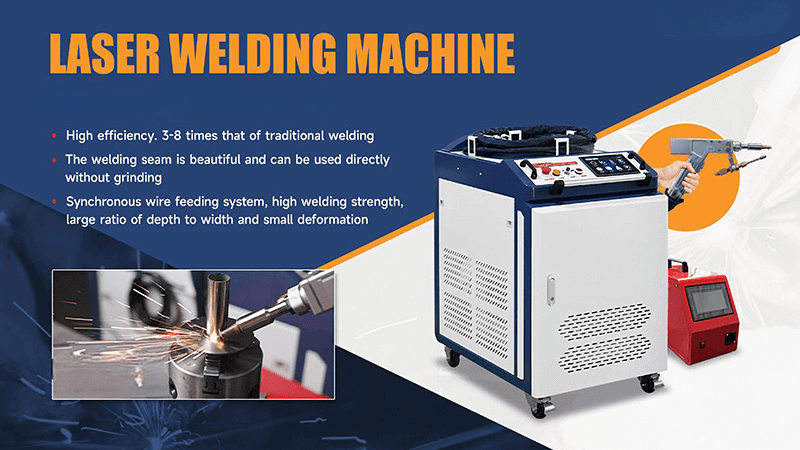
Do laser welders need gas?
One of the common questions about fiber laser welding is whether gas is needed for the process. Let’s clear up this confusion and dive into the specifics.
In many cases, fiber laser welders do not require gas. However, for certain applications, gas may still be used to protect the weld area from contaminants and improve the quality of the weld.
Gas usage in laser welding depends on the material being welded and the specific needs of the application. For most fiber laser welding tasks, you may not need gas. However, there are scenarios where gas can significantly improve the quality of the weld.
The Role of Gas in Laser Welding
-
Shielding Gas8: In many laser welding applications, shielding gas is used to protect the molten metal from oxidation. Gases like argon or nitrogen help ensure that the weld pool remains clean, especially when working with reactive metals such as stainless steel and aluminum. This prevents contamination and ensures the integrity of the weld.
-
No Gas Needed for Some Materials: For materials like mild steel, fiber laser welding can be performed without any gas, as the laser energy is sufficient to prevent oxidation. This eliminates the need for additional consumables and reduces costs.
-
Improved Weld Quality9: When gas is used, it can also improve the cooling rate, resulting in a stronger and more durable weld. It helps reduce porosity and other defects that can arise from air exposure during welding.
| Material | Gas Required10 | Weld Quality Impact |
|---|---|---|
| Stainless Steel | Yes (Argon or Nitrogen) | Prevents oxidation, improves weld quality |
| Aluminum | Yes (Argon) | Prevents contamination, ensures clean weld |
| Mild Steel | No | Effective weld without additional gas |
In summary, while gas may not be necessary for all applications, it can significantly enhance the quality and strength of the weld, especially for more reactive materials.
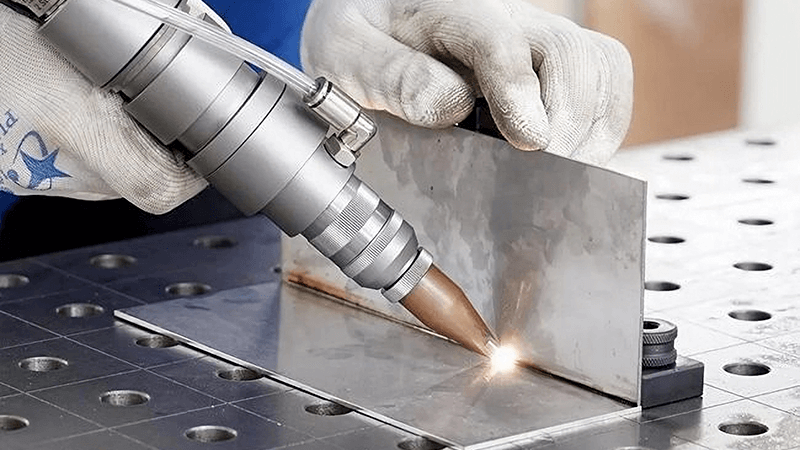
Conclusion
Fiber laser welding machines11 offer precision, speed, and flexibility for various industries. Whether you're looking for an entry-level 1.5 kW machine or a more powerful 3 kW model, understanding the costs and capabilities can help you make an informed decision. By choosing a reliable supplier like Kirin Laser, you’ll also benefit from excellent technical support and after-sales service, ensuring smooth integration into your operations. If you're ready to take your welding operations to the next level, fiber lasers are the way to go.
-
Understanding how machine power affects pricing can help you make informed purchasing decisions for your welding needs. ↩
-
Exploring this topic can guide you in choosing a reliable brand that offers long-term value and support. ↩
-
Learning about essential features can enhance your machine's performance and ensure you get the best value for your investment. ↩
-
Learn how precision welding enhances quality and efficiency in manufacturing, making it essential for various industries. ↩
-
Learn how Reduced Heat-Affected Zones enhance welding quality and material integrity, crucial for delicate applications. ↩
-
Discover how Faster Welding Speeds can improve efficiency and productivity in high-volume production environments. ↩
-
Explore the advantages of Fiber Laser Welding to understand its impact on various industries and applications. ↩
-
Understanding shielding gas is crucial for improving weld quality and preventing oxidation in laser welding applications. ↩
-
Exploring this topic can provide insights into enhancing weld strength and reducing defects during the welding process. ↩
-
This information is essential for optimizing welding processes and reducing costs by knowing when gas is necessary. ↩
-
Getting your best laser welding machine and price from Kirin laser. ↩


